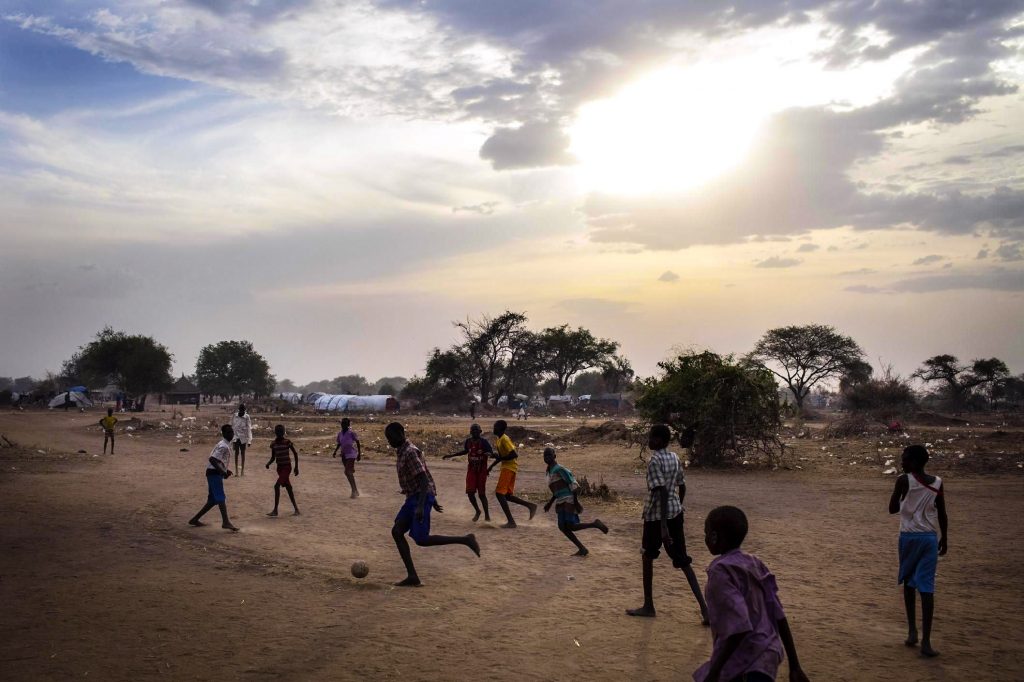
As the population of the world increase, it is undeniable that the world also gets hotter. The increase hazard of air pollution is not something that is rarely heard of these days. It constantly remindsus that air pollution is a global issue. However, despite the ongoing actions from national to international scale, air pollution still continues to be one of the major environmental issues of concern. According to the United Nations, between 6 to 7 million people die prematurely each year as a result of pollution, and around 90% of the world’s population breathe polluted air.
But why is air pollution so bad, especially in Asian countries? The study by Greenpeace and AirVisual IQ, monitored air quality in hundreds of cities across the globe. Jakarta was ranked first, followed by Hanoi, for the worst air quality (2019). With a very hazardous level of air pollution, the effects towards the health of Southeast Asian populations are likely to be significant. Research shows there is a strong evidence on the adverse effects of air pollutants on the respiratory system, especially in children and infants. These health effects vary from increased respiratory complications to asthma, allergies, pneumonia and bronchitis or decreased lung function.
Governments face a difficult balancing act between reducing pollution and boosting their economies. Scientifically speaking, both clean air and water are important elements vital for our existence. A person can survive a couple days without water, butjust a few minutes without air. Yet a person does not have equal rights among that. Clean water is recognized as a basic human right, but why is wanting a clean air so controversial? Clean air is not a luxury. It is a basic human right.
Air pollution is a definite threat for our future, but we can still change that. There is no magic bullet to end air pollution. But, as an active global citizen, concrete state actions can be taken and followed. Small changes encouraging each other to use public transportations, or shared car rides would slowly benefit us in the long-run. Increasing the use of renewable energy, improved energy efficiency in households and industry, could also create a significant change. On the other hand, education is also key. We won’t know what is happening in the world unless we do some research. Knowledge is power, and you’ll find what really sparks your passion when you start seeing injustices.
References:
- WHO: https://www.who.int/news-room/detail/02-05-2018-9-out-of-10-people-worldwide-breathe-polluted-air-but-more-countries-are-taking-action
- Greenpeace: https://www.greenpeace.org/indonesia/siaran-pers/2210/jakarta-peringkat-satu-di-asia-tenggara-untuk-kualitas-udara-terburuk/
CURIOUS by
Netania Xaviera
CIMSLIOGRAPHY
2017: SCORP CIMSA UPH Member
2017: HRD Team CIMSA UPH
2017: Secretary SCORP CIMSA UPH 2017/2018
2017: Human Rights Trainer
2018-2019: Human Resources and Development Director 2018/2019
2019: CIMSA Certified Trainer
2019-2020: Vice Local Coordinator for Internal Affairs CIMSA UPH 2019/2020